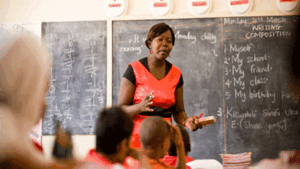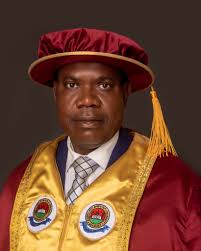
A new report by Cambridge University Press & Assessment has called on Nigeria to place greater emphasis on human skills, knowledge, and values in its education system to prepare young people for the fast-changing world shaped by artificial intelligence (AI).
Titled “Humans at the Heart of Education,” the report urges a shift in educational priorities to ensure learners develop the abilities needed to thrive in the AI era.
Jane Mann, Managing Director of Partnerships for Education at Cambridge, explained that while digital skills are important, they are not enough on their own. “AI is transforming education and the world faster than ever before. But teaching digital skills is just the beginning. For Nigeria’s next generation to succeed, we must also equip learners with deeply human knowledge, skills, values, and connections that build resilient individuals—and, in turn, resilient societies,” she said.
The report offers several key recommendations:
Educate the Whole Person: Move beyond test scores to develop learners’ knowledge, values, and skills that drive growth, global participation, and societal well-being.
Build Change Together: Encourage collaboration among governments, teachers, learners, families, employers, and communities to create effective solutions.
Empower Teachers: Use technology to support, not replace, teachers—allowing them to focus on essential human skills such as creativity, empathy, and critical thinking.
The report also commends Nigeria for reintroducing History as a compulsory subject and promoting the use of Nigerian languages in early education. It stresses that learning should remain relevant to children’s local experiences and reflect national values.
Citing a World Bank pilot project in Edo State, where teachers used free AI tools for personalised coaching, the report noted that technology can help reduce workload, improve professional development, and make learning more tailored to each student.
Ultimately, the report concludes that while AI can guide thinking, it is humans who must take responsibility for outcomes. It calls on Nigerian policymakers to trust teachers, encourage creativity, and ensure digital competence is built for lifelong learning.



















































































 EduTimes Africa, a product of Education Times Africa, is a magazine publication that aims to lend its support to close the yawning gap in Africa's educational development.
EduTimes Africa, a product of Education Times Africa, is a magazine publication that aims to lend its support to close the yawning gap in Africa's educational development.